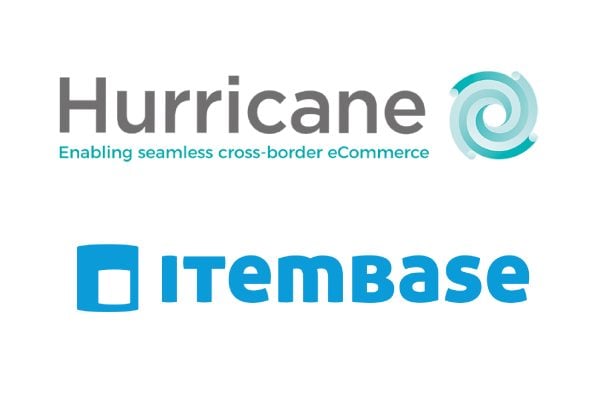Research from Forrester shows that cross border trade globally will grow much more strongly than domestic trade in the UK, US and EU over the next ten years. The report reveals that cross-border sales will grow 17% between 2017 and 2022, compared with just 12% for ecommerce generally.
It’s hardly a surprise that the big reasons why people buy cross-border are to get goods they can’t find locally and to make savings. But it is slightly more surprising to note that two-thirds of cross-border online shopping is done through the various marketplaces.
There are several reasons for the boosts in cross border trade. The quality of marketplace and ecommerce site localization has improved, better serving international customers. There is more choice and better logistics when it comes to fulfilment. And there’s much more choice when it comes to international payment. The popularity of mobile, especially in countries where many (or most) people don’t have a desktop or laptop computer is also crucial.
China, China
The biggest cross border shoppers, well it is the biggest country in the world, will be Chinese. Forrester predicts that half of the global cross border shopping trade will be from China in 2017 and that’s expected to grow. Accenture says that 200 million Chinese shoppers will buy from overseas on 2020 and the total of the imported goods bought online will reach $245 billion. This is partly because Alibaba has been keenly promoting its Tmall proposition.
Alipay and WeChat’s recent deal with Stripe will also grease the wheels by making cross border payment even easier for Chinese shoppers.
What’s in it for you?
The question is how this trend can be of benefit to ecommerce vendors like you. The temptation in this uncertain time of Brexit is to shy away from cross-border trading but it does make the opportunities much more attractive in some ways. And obviously the weak level of sterling is a benefit here too. It will depend on what you sell and how you source your goods, but CBT is a big opportunity right now.










2 Responses
Cross border selling, introduces the issue of product regulations when they are not the same in these countries. This could become more of an issue in the UK now that Brexit is happening. Where is the guidance of what responsibilities an importer has when the importer is an individual not an organisation? The law is surely the same for all but are individuals being made aware?
True, nowadays people likely to purchase online and thats why sellers are considering cross-border selling. It provides merchants to sell their products to consumers located in other countries and jurisdictions. According to me cross- border selling is the best way to expands the seller’s market.